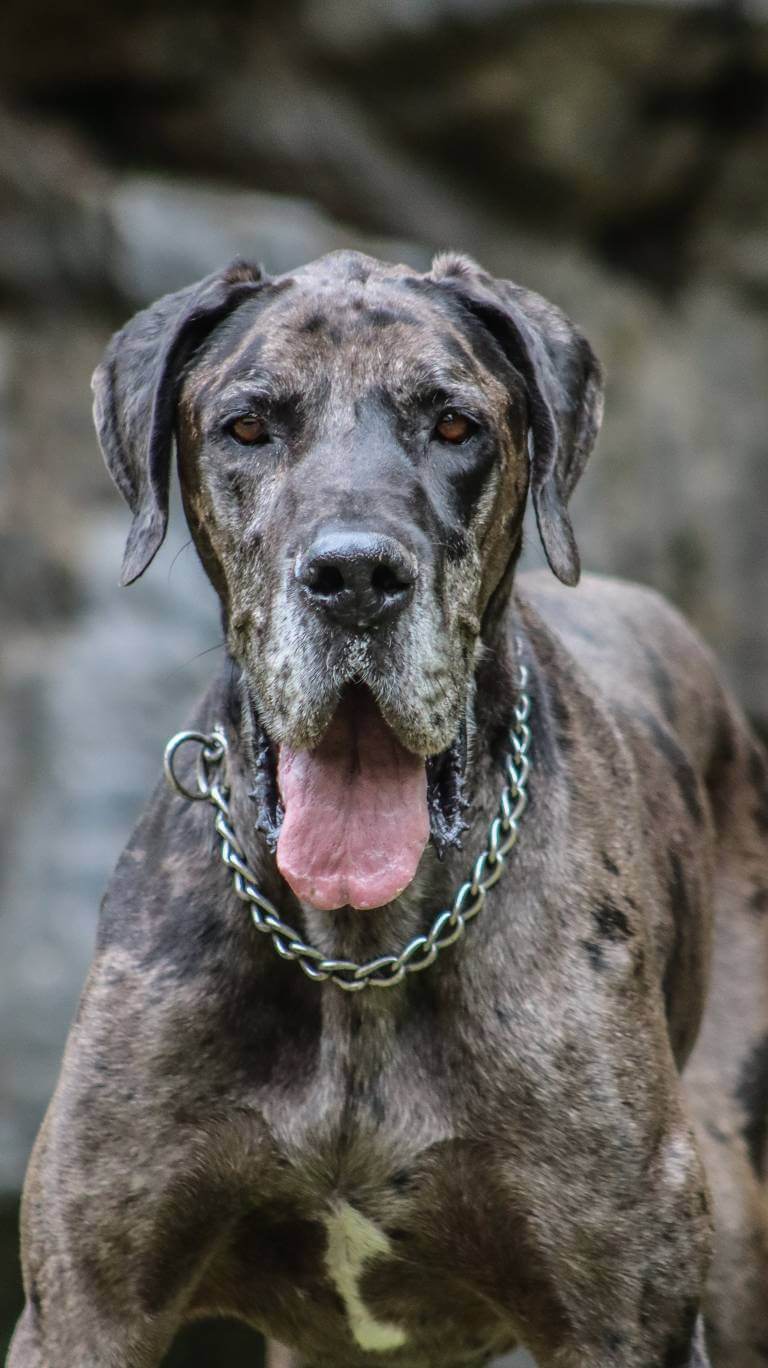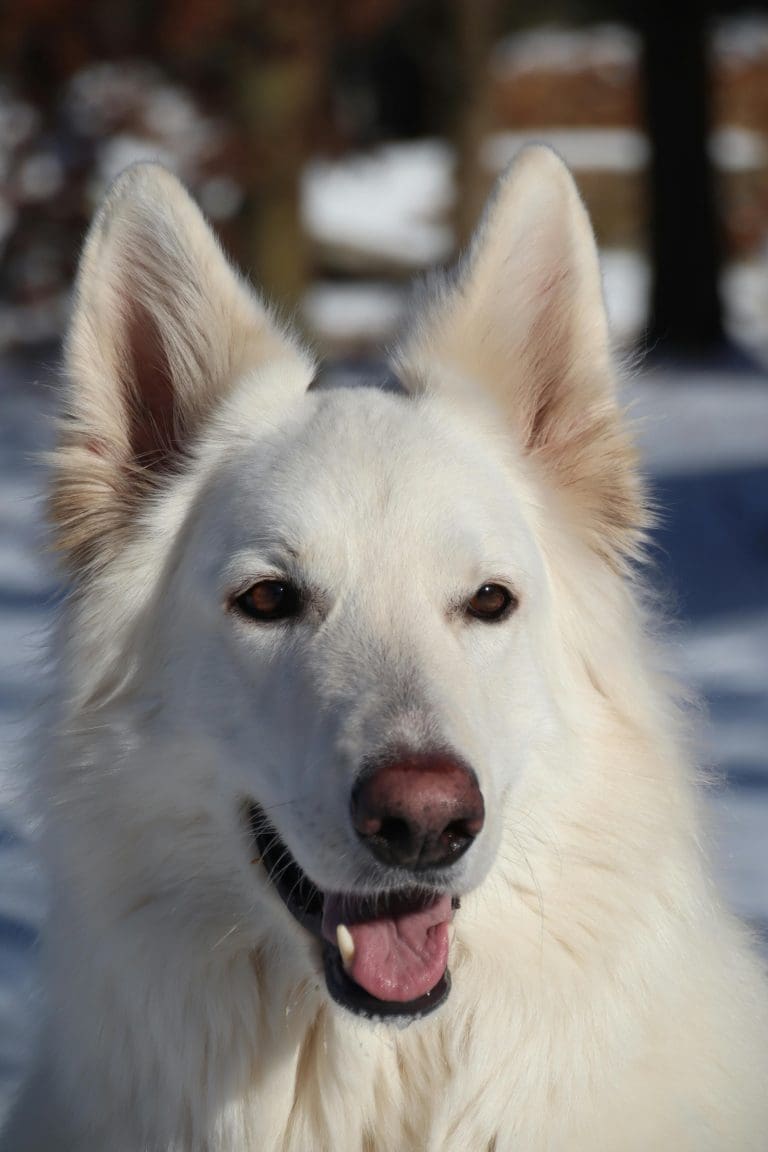What To Feed Puppy With Coccidia?
Post Date:
December 10, 2024
(Date Last Modified: December 10, 2024)
Coccidia is a microscopic parasite that can cause gastrointestinal issues in puppies, leading to symptoms such as diarrhea, vomiting, weight loss, and lethargy. For pet owners faced with this diagnosis, ensuring proper nutrition during treatment becomes a key concern.
Focus on Hydration and Nutrition
When a puppy is diagnosed with coccidia, prioritizing hydration is essential. Diarrhea can result in dehydration, so it’s crucial to encourage the puppy to drink enough water. Consider offering an electrolyte solution made for pets to help replenish lost fluids. If the puppy is hesitant to drink, ice chips or low-sodium flavored broth may entice them.
Choosing the Right Food
Selecting the appropriate food is vital for recovery. A highly digestible diet that is low in fat and gentle on the stomach is recommended. Many veterinarians suggest a bland diet of boiled chicken and rice or plain pumpkin, as these options can help firm up stools.
Specialized puppy foods formulated for sensitive stomachs may also be beneficial. These often contain prebiotics and probiotics to support gut health and restore a healthy balance of bacteria. Opt for high-quality foods that list real meat as the primary ingredient while avoiding fillers like corn or soy.
Meal Frequency Matters
Feeding smaller, more frequent meals instead of one or two larger portions can ease the burden on a puppy’s digestive system, allowing for improved nutrient absorption. If the puppy’s appetite is diminished, slightly warming the food or mixing in low-sodium broth can make it more appealing.
Foods to Avoid
During treatment, it’s important to steer clear of certain foods that may worsen gastrointestinal distress. Fatty foods, dairy products, and high-fiber vegetables should be excluded from a puppy’s diet until they fully recover.
Monitoring Progress
Keep a close eye on the puppy’s progress throughout the treatment. Regular veterinary check-ins can help determine if the puppy is responding well to the diet and treatment plan. If symptoms persist or worsen, it may be necessary to adjust the approach.
Transitioning Back to Regular Food
Once the coccidia infection is resolved, gradually reintroducing regular puppy food is crucial to prevent digestive shock. This transition should occur slowly over about a week, mixing the new food with the bland diet to ensure a smooth adjustment.
The Role of Care and Attention
Caring for a puppy with coccidia can be challenging, but staying informed and working closely with a veterinarian ensures that the puppy receives optimal care. A balanced diet, sufficient hydration, and diligent monitoring contribute to a happier, healthier puppy. The love and attention provided during this time can significantly impact their recovery journey.





